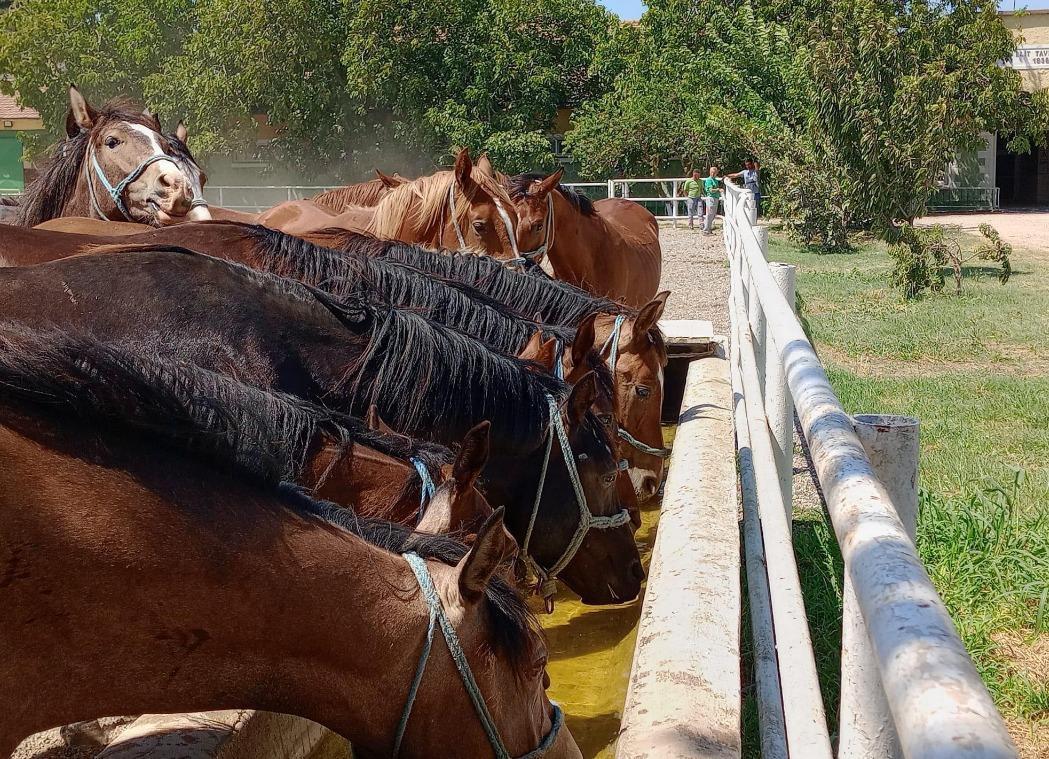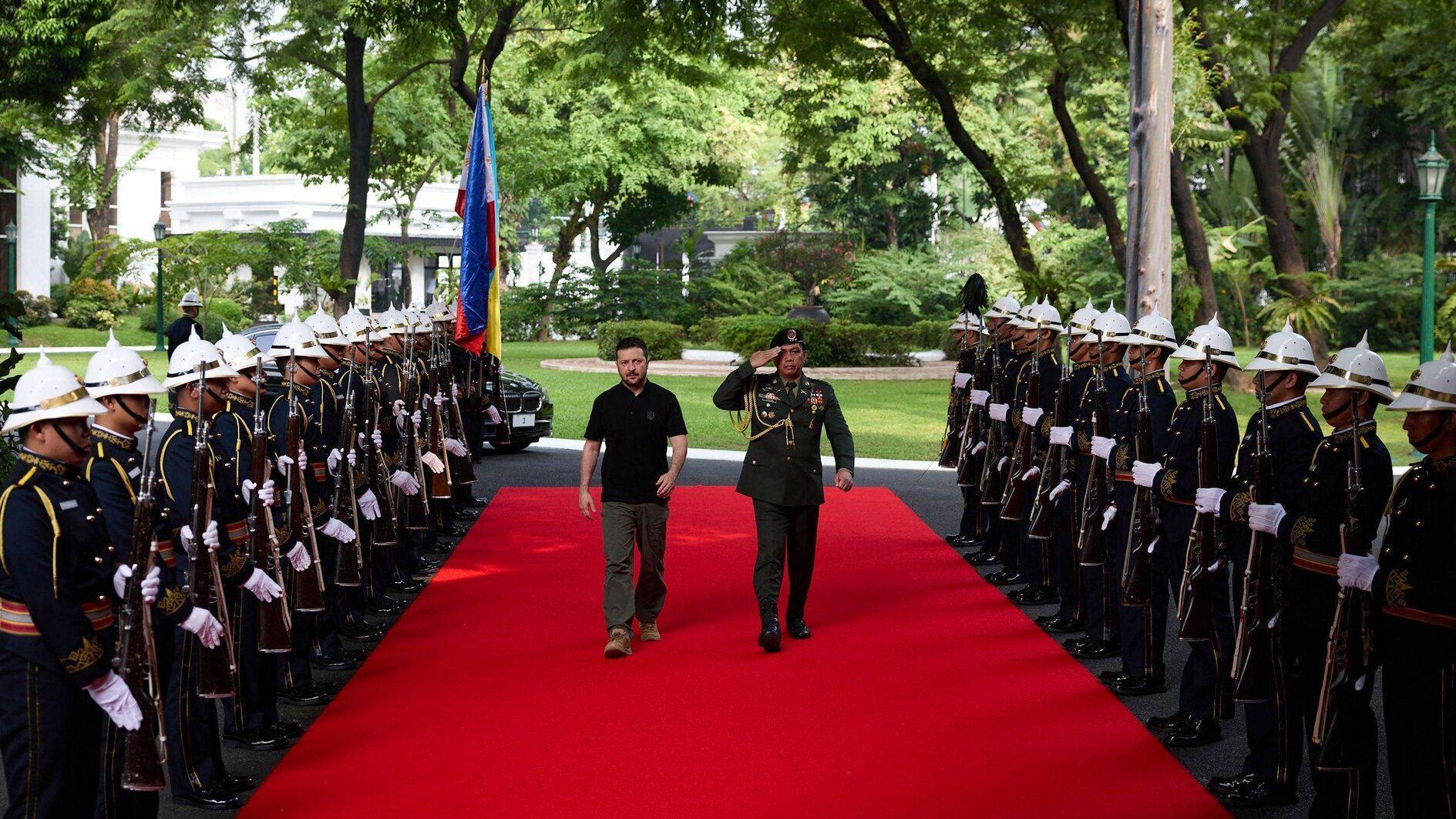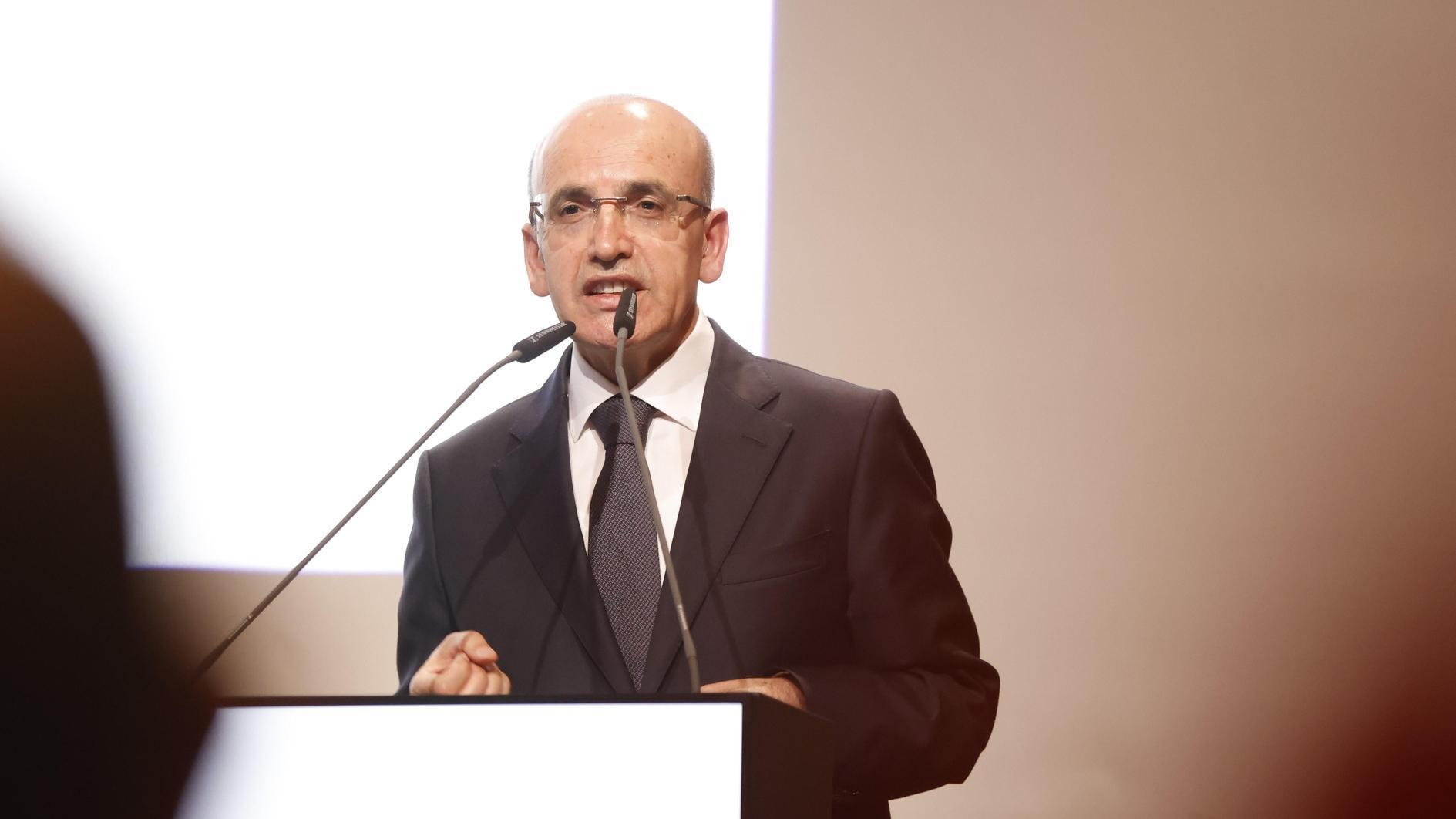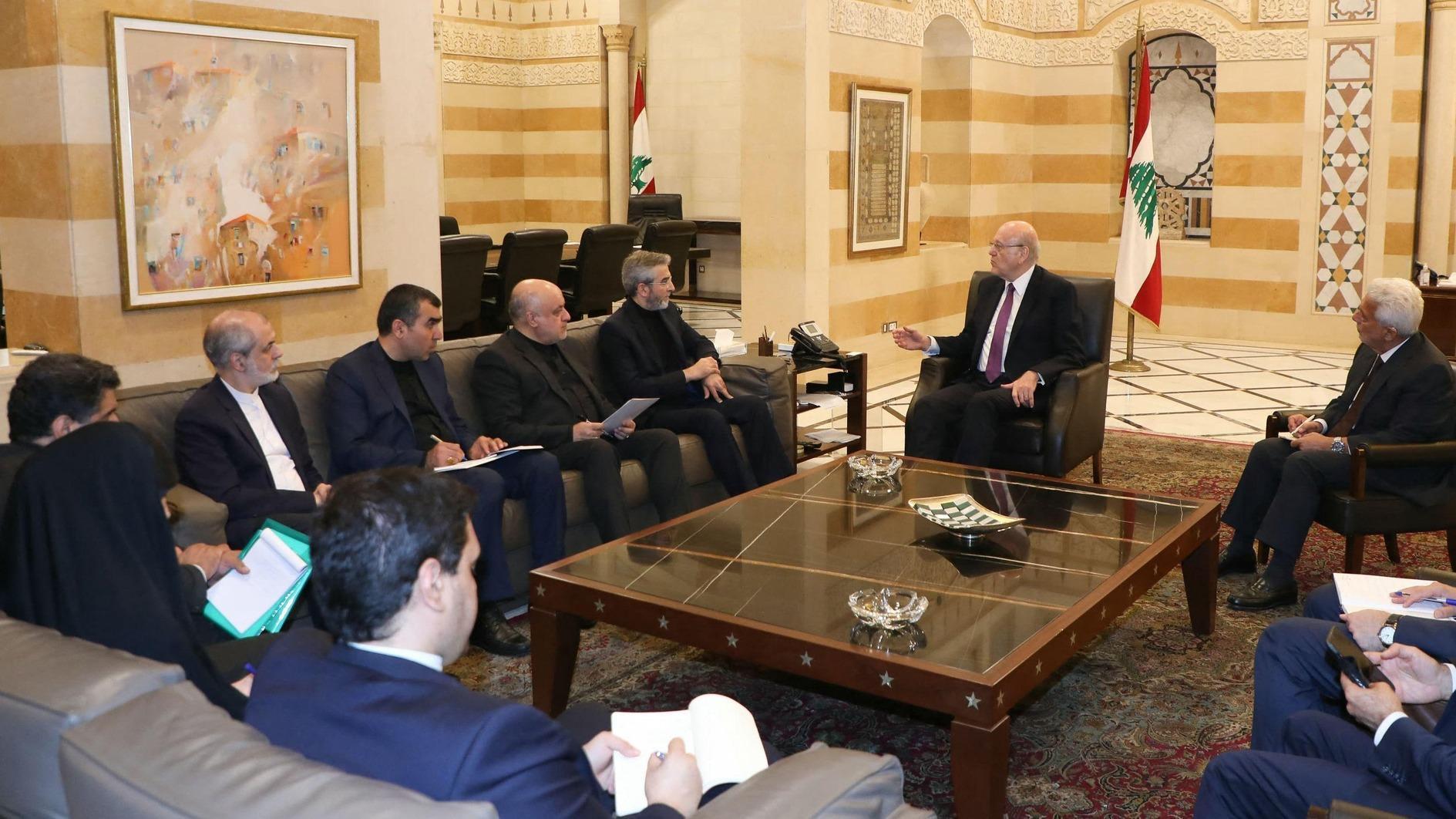Ministry raises, auctions off purebred Arabian horses
BURSA

Specially bred Arabian racehorses from the Agriculture and Forestry Ministry's facility in the northwestern province of Bursa have garnered a lot of interest, selling for up to 1 million Turkish Liras at various auctions.
The stud farm in Bursa's Karacabey district, which Ottoman ruler Orhan Gazi gave as a dowry to his wife Nilüfer Hatun, had met the national army's need for war horses, meat and food since its establishment.
Between 1932 and 1936, stallions and mares were brought to the farm from Arab countries to breed racehorses on the instructions of Mustafa Kemal Atatürk.
Racehorse breeding still continues in the 90,000 decares of land now operating under the General Directorate of Agricultural Enterprises (TİGEM) of the ministry, where 600 purebred Arabian racehorses are taken care of.
The horses are specially cared for by veterinarians and 60 ministry personnel, and fed with a high-protein diet consisting of a mixture of oats, barley, corn and soy.
One horse eats approximately one kilo of feed for every 100 kilos in weight twice a day, morning and evening, and the personnel take special precautions to ensure that the horses are mating naturally with other horses that are not related to them, to promote healthy genes.
Speaking to local media, Ali Yağlıca, the farm’s veterinarian, stated that every year 100 to 110 foals are auctioned off three times, two in their facilities and one in Istanbul Veli Efendi Hippodrome, and that last year the foal named “Exiled King” found a buyer for a whopping 1 million liras.
“Between 1932 and 1936, an expert delegation was sent to Arab countries to buy racehorses to raise them here. After their inspection, this delegation took two horses named 'Baba Kuruş' and 'Baba Sha'd' and some mares and brought them to the stud farm. After Baba Kuruş and Baba Sha'd, the ancestors of all these Arabian horses, died, their mausoleums were built so that they would not be forgotten as they laid the foundation of Arabian racehorse breeding.”
“We have 600 horses including stallions, mares and foals in our agricultural enterprise. During the summer months, these horses stay inside during the day and outside in the evening to cool off. They rest and sleep in a cool environment until morning. Our horses are friendly, yet they do not like loud noises, mistreatment, scolding and someone sneaking up on them from behind. We always need to be in the field of vision of the horses.”
















